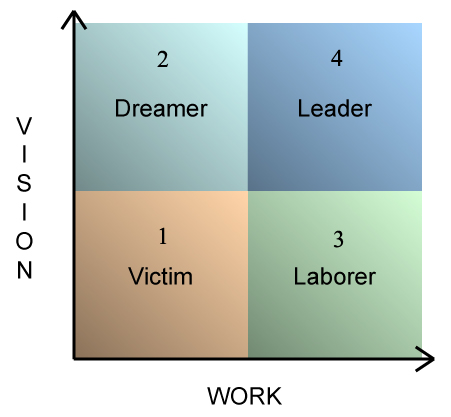In approaching this month’s topic, I realized something irritating. I’ve already written about my best inspirational stories on previous Fictorians posts. As I had little desire to repeat myself, I knew I had to come at this issue from a different angle. So rather than focus on discrete stories about what’s influenced my writing, I asked myself what techniques I used to get psyched to write day-to-day.
I’m sure I don’t have to tell any of you writers that some days the effort to get started writing can be too much. Unless you are already a professional writer or are both independently wealthy and childless, you spend your days expending energy on something or other that isn’t writing-related. You have to divert energy to writing that could be used elsewhere on higher-priority things, like earning money to eat.
So in order to get any writing done at all, we have to find ways to slip past exhaustion, laziness or a bad case of The Mondays and get excited about it. Quite without meaning to, I stumbled upon an admittedly silly technique a number of years ago that works well for me.
The answer? I advertise my book to myself.
Think about how you felt the last time you saw a really well-done movie trailer. Maybe it brought a rush of excitement you thought you’d left behind with youth. Maybe you watched it over and over again on Youtube just to wring that little rush dry. It makes sense. The people who make movie trailers mostly know their business. Their goal is to get you to mentally commit to seeing the movie in advance, ideally without paying attention to those pesky review aggregate sites before plunking down your hard-earned cash.
Now take your work in progress and try translating it into a movie trailer that you play in your head. Your hero, covered in grit and with a wound on their forehead from all their heroic efforts, stares stoically into the middle distance just to the right of the camera lens. A series of sequences flash by in which characters dodge bullets or spells or leap off of buildings only to turn back around and fire lightning bolts at their pursuers while their hair flows in the wind, all in slow motion with a dramatic swell of the soundtrack.
Writing it out like this makes it seem silly and self-indulgent because it is. You’ve seen these sorts of scenes in a million movie trailers, and after a while they all start to look the same. But guess what? If scenes like this didn’t work, the people making the trailers wouldn’t use them. And there’s one big difference here: these are your characters in your world, both of which you are (hopefully) already excited about. I suspect you’ll feel at least the hint of a giddy little thrill imagining them starring in their own expertly produced movie trailer.
A lucky handful of us may someday write works popular enough in print to be able to see our characters brought to life on the big screen (or the small). For the rest, a little daydreaming can give us that spike of excitement we need to sit down at the keyboard after an otherwise long day.
Give it a try. Don’t worry, you don’t have to admit it to anyone.





